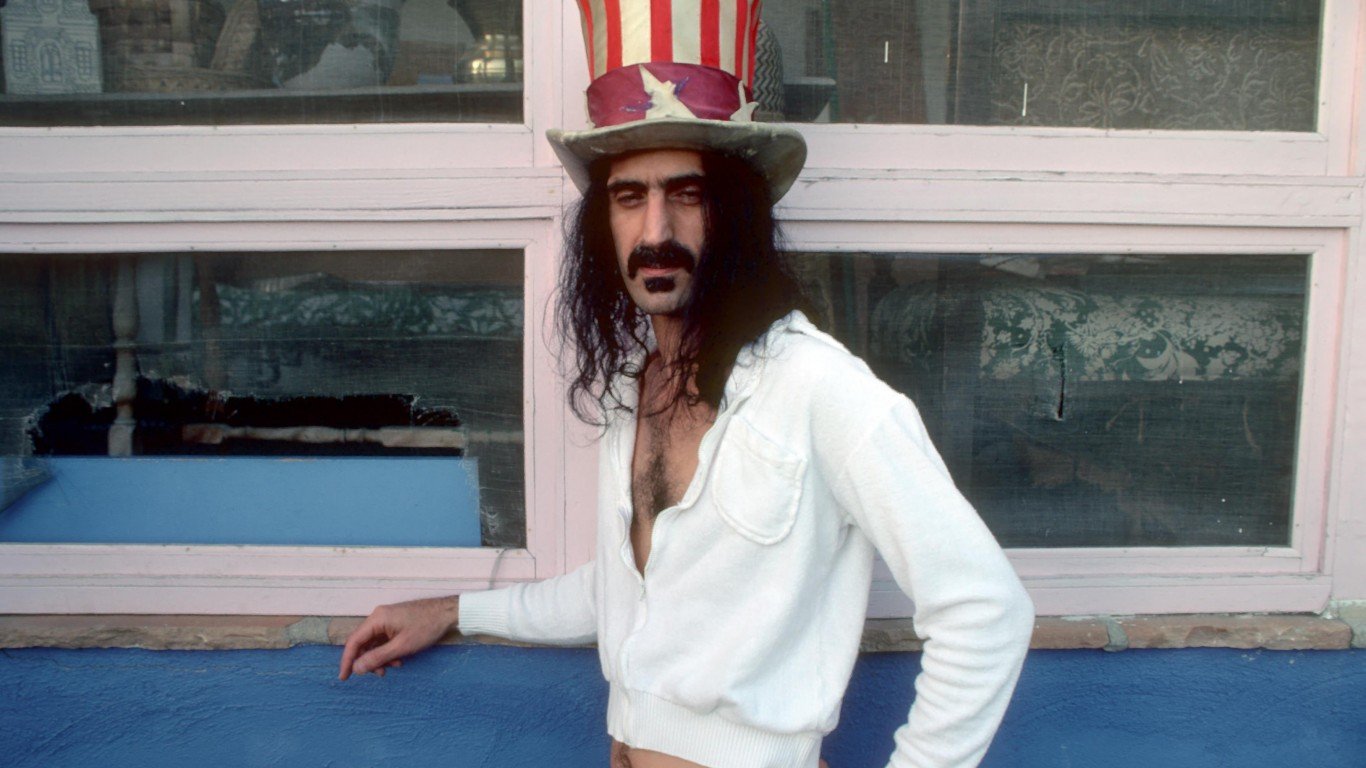The flagship paper of The Washington Post Co. (NYSE: WPO) dumped its chief editor, Marcus Brauchli, formerly of The Wall Street Journal, and replaced him with the editor of an even more troubled paper, the Boston Globe, currently owned by The New York Times Co. (NYSE: NYT). Martin Baron ran the Globe during a period when the Times, concerned about deep losses, nearly sold it and was forced to sharply cut costs. Baron has no chance to halt what is likely to be a last-ditch effort to make the Post highly profitable again. If his past is any indication, he could not be a worse selection. Source: Courtesy of The Washington Post Company
Source: Courtesy of The Washington Post Company
Brauchli left because of disagreements with publisher Katharine Weymouth, who likely holds her job because she is related to the Graham family, which controls the parent company. The fact that the paper has decided to bring in Baron signals that Post management believes he will be more cooperative, which is too bad. The Post needs a counterweight to balance decisions that would harm its reputation, if that reputation is to be to some extent based on job cuts, particularly in the newsroom.
The Globe posted a slight increase in circulation in the most recent period measured by the industry standard, the Audit Bureau of Circulations. But the circulation of the print paper dropped 6% on Sunday and 9% daily. The New York Times announced that for the ABC period, “The Globe has 26,000 digital-only subscribers to BostonGlobe.com, which launched in October 2011, as of the end of the third quarter of this year.” The number is small enough to be meaningless. Buried in the third-quarter announcement for The New York Times Company is the actual performance for The New England Media Group — primarily Globe properties. Over the first nine months of the year, advertising revenue dropped 7.8% to $132.7 million. Circulation revenue fell 2.1% to $116.2 million. In both cases, the numbers trailed that performance of The New York Times, based on percentage change.
The Post’s recent financial performance is an indication that Brauchli has been a good steward of the paper, at least financially. The parent company announced that:
Newspaper publishing division revenue totaled $137.3 million for the third quarter of 2012, down 4% from revenue of $143.5 million for the third quarter of 2011
And:
Revenue generated by the Company’s newspaper online publishing activities, primarily washingtonpost.com and Slate, increased 13% to $26.9 million for the third quarter of 2012, versus $23.8 million for the third quarter of 2011
Not many newspapers can brag about that level of digital success.
It is a mistake to believe that new editors are the key to reversing the falling tide of newspaper fortunes, even assuming that the editors who join are substantially better than those who leave. The record shows that Baron’s record is not as good as Brauchli’s, and may be considerably worse.
The Post, and all other major dailies, have a simple decision to make. They can either post very low margins, or losses, and serve readers as they do now, or they can sharply cut costs and hope that digital paywalls may add revenue to make up for print sales declines. So far, that formula has only worked well at few papers, which include The New York Times and The Wall Street Journal. The same effort did not work at the Globe under Baron. A change in editors at the Post will not alter the nature of its severe problems. It will only paper them over briefly.
Douglas A. McIntyre
Sponsored: Find a Qualified Financial Advisor
Finding a qualified financial advisor doesn’t have to be hard. SmartAsset’s free tool matches you with up to 3 fiduciary financial advisors in your area in 5 minutes. Each advisor has been vetted by SmartAsset and is held to a fiduciary standard to act in your best interests. If you’re ready to be matched with local advisors that can help you achieve your financial goals, get started now.
Thank you for reading! Have some feedback for us?
Contact the 24/7 Wall St. editorial team.



